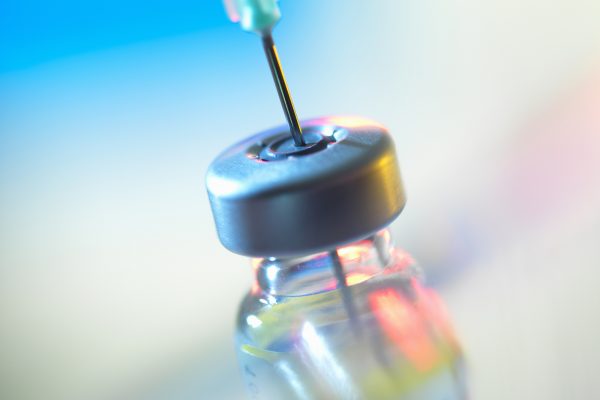
A recent, single-centre study in China has been able to successfully reduce chemotherapy toxicity with a modified regimen for Burkitt lymphoma (BL), compared to the standard-of-care regimen in this indication.
Burkitt lymphoma (BL) is a highly aggressive subtype of non-Hodgkin lymphoma (NHL) and has 3 different variants; endemic, sporadic and immunodeficiency-associated. Over the past 2 decades, survival outcomes have improved in sporadic BL patients, due to the adoption of regimens such as CODOX-M, consisting of cyclophosphamide, vincristine, doxorubicin and high dose methotrexate, and IVAC, comprised of ifosfamide, etoposide and high dose cytarabine. However, these regimens come with particularly harsh side effects, with haematological toxicity occurring in over 90% of patients, and sepsis in over 20% of patients. The majority of these patients require blood product support. Some studies have been able to reduce adverse events with a reduction in dose intensity, or a substitution for another drug. However, these studies were conducted in the United States and Europe, and as a result, it is unknown if these modified regimens are suitable for Asian populations. As a result, researchers from the Sun Yat-sen University Cancer Center (SYSUCC) hypothesized that a CODOX-M/IVAC regimen at a lower dosage but longer exposure time would be comparably effective, whilst simultaneously reducing the rate of adverse events. Rituximab was also included in this regimen, consequently dubbed the ‘modified R-CODOX-M/IVAC’ regimen.
Testing this hypothesis, researchers enrolled 123 patients from SYSUCC with untreated BL, and gave them a reduced dose regimen of cyclophosphamide (1g/m2/cycle), methotrexate (2g/ m2/cycle), ifosfamide (4,500mg/ m2/cycle) and cytarabine (4g/m2/cycle). Prior to receiving treatment, patients were stratified by risk, with low risk patients receiving 4-6 cycles of R-CODOX-M, and high risk patients receiving 6-8 cycles of alternating R-CODOX-M and IVAC. All cycles were repeated at 21-day intervals. PET-CT was used to evaluate treatment response after every 2 cycles and all adverse events ‘possibly, probably or likely’ related to chemotherapy were documented.
In total, 49 (39.8%) patients were evaluated as low risk, and 74 (60.2%) were found to be high risk. At a median follow-up of 44.3 months for low risk patients, and 39.8 months for high risk patients, the objective response rates were 98.0% and 98.2%, respectively (P= 0.140). Although high in both groups, more low risk patients achieved a complete remission than high risk patients (93.9% vs. 81.1%, P= 0.044). Although not significant, 5-year overall survival was higher in low risk patients (93.3% vs. 85.7%; HR[95%CI]: 0.37[0.11-1.124], P= 0.129). 3-year progression-free survival also followed the same trend, although the difference was statistically significant (95.7% vs. 74.3%; HR[95%CI]: 0.29[0.13-0.66], P< 0.01).
Encouragingly, the side effects that are of most concern to clinicians with these chemotherapy drugs were reduced in this study, whilst retaining a high and comparable degree of efficacy to other studies. Grade ≥3 mucositis ranges from 7.1% to 48.0% in previous studies, although no serious mucositis occurred in this study. Only of patients required blood-transfusions, which is reduced from other comparable studies, and only 4 cases (3.3%) of septic shock occurred after chemotherapy. Crucially, all patients completed their planned therapy. Although 2 high risk patients died whilst receiving R-CODOX-M/IVAC, this is one-third less than the deaths reported form the LY06 and LY10 studies.
“Our findings add to the growing body of non-randomized data demonstrating the efficacy and safety profile of modified R-CODOX-M/IVAC regimens,” says Dr Tongyu Lin, the principal researcher of this study. “Moreover, ours was the first report involving such a modified regimen in a cohort of adult Chinese BL patients.” Although these results are promising, the data reported from this trial is retrospective, although researchers at SYSUCC hope to progress to a prospective trial of this modified regimen. “We believe that the modified R-CODOX-M/IVAC regimen amy be more suitable for clinical application than the current guideliens and therefore deserves further evaluation,” explains Dr. Lin.
Reference
Chen M, Wang Z, Fang X et al., Modified R-CODOX-M/IVAC chemotherapy regimens in Chinese patients with untreated sporadic Burkitt lymphoma. Cancer Bio & Med. 2021; 18(3): [epub].